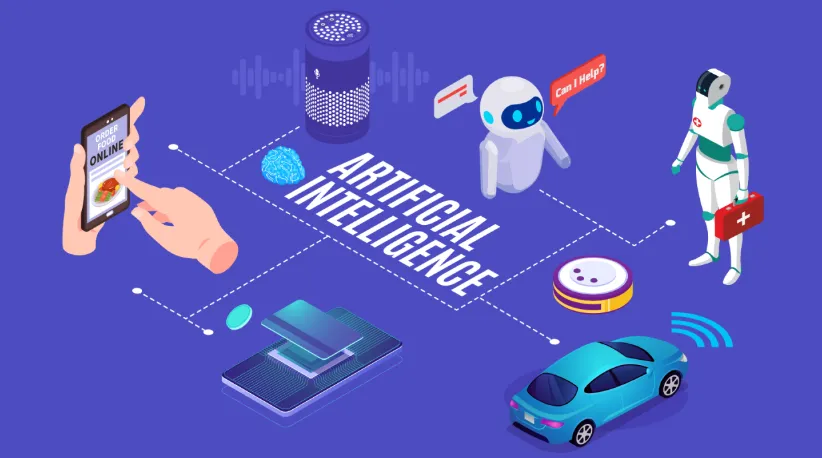
Artificial Intelligence (AI) is no longer a distant concept confined to science fiction; it has become a crucial part of our daily routines. From voice assistants managing our schedules to smart home devices optimizing energy consumption, AI is reshaping the way we live and work. Many experts bet that in the next decade, AI will be so seamlessly integrated into our lives that we may not even realize how heavily we depend on it.
Industries across the board are investing in AI technologies, placing a strong bet on machine learning, natural language processing, and robotics to drive innovation. From healthcare diagnostics that predict illnesses early to personalized education platforms that adapt to individual learning styles, the applications of AI are vast and growing every day.
One of the most exciting areas of AI development is in healthcare. Algorithms can now analyze medical data with incredible speed and accuracy, leading to earlier detection of diseases and more effective treatment plans. This not only saves lives but also reduces the burden on healthcare systems around the world.
In transportation, AI powers self-driving vehicles that have the potential to make roads safer and more efficient. Although still in developmental stages, autonomous vehicles are being tested worldwide, promising a future where commuting is faster, less stressful, and more environmentally friendly.
AI is also transforming the customer experience across industries. Businesses use AI-driven chatbots to provide instant customer support, analyze consumer behavior to offer personalized recommendations, and predict market trends to make smarter business decisions. This level of customization and responsiveness was unimaginable just a few years ago.
However, with great power comes great responsibility. As AI systems become more complex and integral to our lives, concerns about data privacy, algorithmic bias, and job displacement have surfaced. Policymakers, technologists, and ethicists are now working together to create guidelines that ensure AI is developed and deployed in ways that are ethical, transparent, and beneficial to all.
Looking ahead, the future of AI is filled with promise and challenges. Innovations such as emotional AI, which can recognize and respond to human emotions, and AI systems capable of creative problem-solving could redefine human-machine relationships even further. As we move into this new era, staying informed and engaged with AI developments will be crucial for everyone.
In conclusion, AI is set to become an invisible but powerful force shaping our future. Those who understand its potential and limitations will be best positioned to thrive in a world where artificial intelligence is woven into every aspect of daily life.